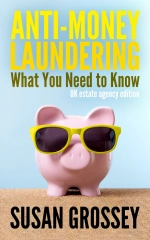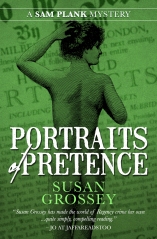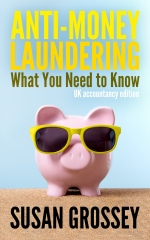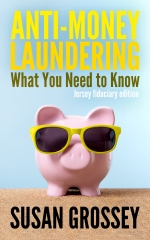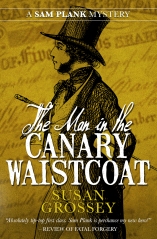You, like me, are no doubt always on the lookout for handy real life laundering stories – to enliven training, to demonstrate to the sceptical that yes, your bank/company/firm/whatever is susceptible to money laundering, and to augment your own AML education. And the National Crime Agency is proving a very tasty source of such stories – they are relentless in their pursuit, prosecution and publicising of criminals of all stripes, and are more than happy to slap on a well-deserved money laundering charge or two to boost the penalties. One recent story caught my eye because it revealed the actual nuts and bolts of what criminals might do to conceal their (what we must call nefarious) activities.
Roger Budgen, from Rhyl in north Wales, was the ringleader of an international drug trafficking and money laundering group. Over a decade, he and his wife Caroline Hartery deposited more than £300,000 into their bank accounts, despite not declaring any income for the whole period. Budgen also co-ordinated a money laundering scheme, linking criminals across Europe so that dirty money could be illegally transferred between the continent and the UK. For instance, criminal cash generated in the UK would be credited to top-up cards denominated in euros and then spent abroad – including in the Netherlands and Spain where Budgen and Hartery spent a considerable amount of time. According to the NCA: “The [laundering] group used a number of tactics in an attempt to avoid law enforcement detection, including communicating via a number of mobile phones, using public telephone boxes for particularly sensitive conversations, and adopting code-words (such as ‘scratch’ for cash, ‘pollen’ for cannabis and ‘sweat’ for Scottish bank notes). They used the serial numbers on banknotes as ‘pass-codes’ to validate their couriers’ identities and thus ensure cash was handed over to the right person. The holder of a cash haul would be given the serial number on a £5 note via a text message [and] the collecting criminal would be in possession of the actual £5 note displaying that number.”
According to Simon Flowers, Branch Commander NCA Wales: “This was a professionally managed crime group who used a range of tactics to try and avoid law enforcement. But we were able to follow their criminal activity across Europe and bring them to justice. Budgen was well established within the international criminal community, and had built up a wide network of criminal associates throughout the UK and Europe. He was clearly the controller of this group, not only overseeing the supply of cannabis and hiding criminal proceeds, but also connecting criminals across Europe to professional money launderers.”
The case against Budgen began in 2010 when investigations revealed the full extent of his criminal connections, and it has led to numerous separate operations being launched across Europe and the arrest of more than fifty people for a range of crimes including drug trafficking and money laundering. Cash seizures have so far totalled more than £1 million, alongside the seizure of substantial criminal assets, several thousand kilos of cannabis and multiple kilos of cocaine, amphetamine and mephedrone. Budgen was sentenced to eight-and-a-half years in prison, while Hartery was sentenced to eighteen months suspended for two years. Budgen was also given a Serious Crime Prevention Order, which will restrict his ability to travel and to use communication media (including mobile phones, internet access and public telephone boxes) for five years after his release from prison.






